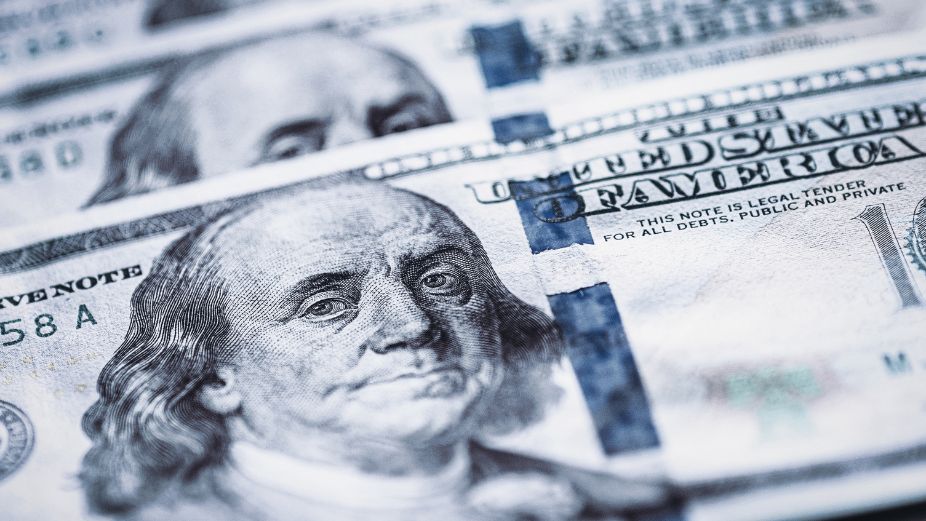
The Maldives Monetary Authority (MMA) anticipates that tourist resorts will exchange between USD 30 million and USD 40 million from October 2024 revenue at local banks this month, as required under the newly enacted Foreign Currency Act. The law, effective from January 1, aims to mitigate the country’s USD shortage and ensure a steady flow of foreign currency into the banking system.
The Act categorises tourist establishments into two groups with specific requirements. Category-A establishments, including registered resorts, integrated tourist resorts, and private islands, must either exchange USD 500 per tourist or 20 percent of their monthly revenue. Category-B establishments, comprising tourist vessels, hotels, and guesthouses, must exchange USD 25 per tourist or 20 percent of their revenue.
Tourist establishments have until January 28 to exchange their October 2024 revenue. With 175 resorts currently in operation, 138 have submitted their sales reports, while 37 remain non-compliant. The expected exchange amounts equate to MVR 463 million to MVR 617 million.
The Foreign Currency Act follows the introduction of a foreign exchange regulation in October 2024 that mandated fixed exchange rates per tourist. The regulation faced significant pushback from industry stakeholders, who argued that fixed requirements disregarded market diversity, duration of stay, and operational expenses often paid in USD.
In response to industry concerns, the Act provides more flexibility, allowing establishments to choose between a fixed exchange amount per tourist or a percentage of monthly revenue. The law also exempts specific categories, such as tourists under 12 years of age, those staying for less than 24 hours, and government-hosted guests.
Non-tourism businesses generating over USD 15 million annually are also subject to the law, requiring them to exchange a percentage of their revenue and register with the MMA.
The Act underwent several revisions during its review by the Public Accounts Committee. Notable changes included increasing the age exemption for tourists from two years to 12 and introducing concessions for establishments with financial constraints, subject to MMA’s approval.
By injecting significant foreign currency into local banks, the Foreign Currency Act is expected to alleviate the USD crunch and stabilise the country’s financial system.












